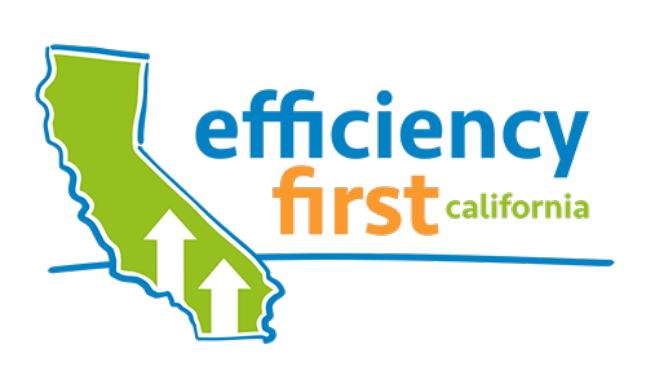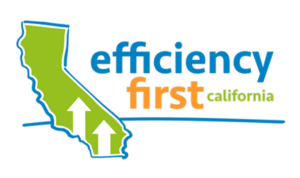2025 Energy Code Rulemaking Proceeding
California’s Building Energy Efficiency Standards, found in Title 24, Part 6, are updated every three years. The California Energy Commission (CEC) has released the first draft of the 2025 Energy Code (which goes into effect January 1, 2026) for public review comment. Lead Commissioner Hearings took place April 16-18, and the current public comment period will end May 13, 2024. The full text of the proposed code language, supporting reports, and the ability to make written comments is available on the Energy Commission website.
EFCA recommends that our contractor network pay particular attention to:
- Code sections dealing with updated HERS requirements,
- Mandatory minimum efficiency values for space conditioning, water heating, and envelope measures such as insulation and fenestration requirements.
*Now is the time to make your voice heard if you feel these requirements are out-of-reach or do not go far enough for building energy efficiency!*
IRA HOMES Program Update
The Federal Inflation Reduction Act (IRA), through the Department of Energy (DOE), has provided roughly $292 million for home energy efficiency rebates in California under the HOMES program (and additional funding for other electrification and clean energy rebate programs). On March 21, 2024, the CEC held a public workshop soliciting public comments regarding the use of the HOMES program funds. The HOMES program requires a significant portion of funds be directed to disadvantaged and low-income households. States must submit detailed applications to the DOE showing the incentive program design meets the strict criteria outlined in the HOMES requirements.
The CEC is proposing rebate programs that include integrating over half of the HOMES funds into the Equitable Building Decarbonization program, a direct installation program still in development and expected to launch in 2025. The rest of the funds would be part of a Pay-for-Performance incentive program, which requires measured energy savings at the meter and incentives paid based on those savings at least 9-12 months after the energy upgrades are completed. The Pay-for-Performance program would not be income-restricted.
The comment period for this workshop ended on April 5, 2024. The presentation, supporting documents, and public comments are available for review. Future meetings will be scheduled to continue the conversation about the use of HOMES program funds and ultimately will determine how contractors can participate in these energy upgrade programs.
Building Decarbonization Legislation Update
Legislative efforts continue towards the implementation of clean energy alternatives throughout the State of California. One such bill, SB 1221 (Min), proposes a strategy for gas corporations to equitably transition away from fossil fuels and towards zero-emissions alternatives. This bill has support from multiple clean energy advocates and builds on the California Public Utilities Commission’s Long-Term Gas Planning Rulemaking.


